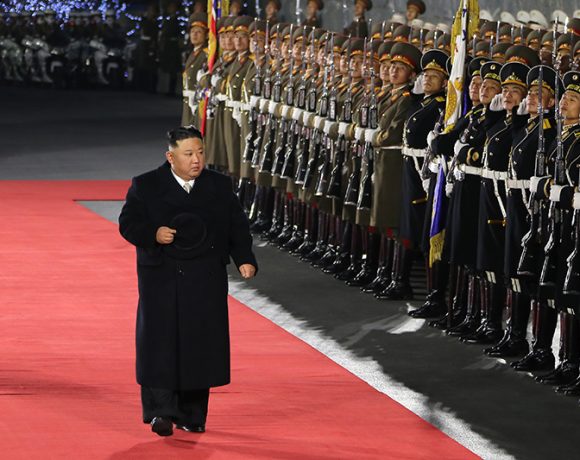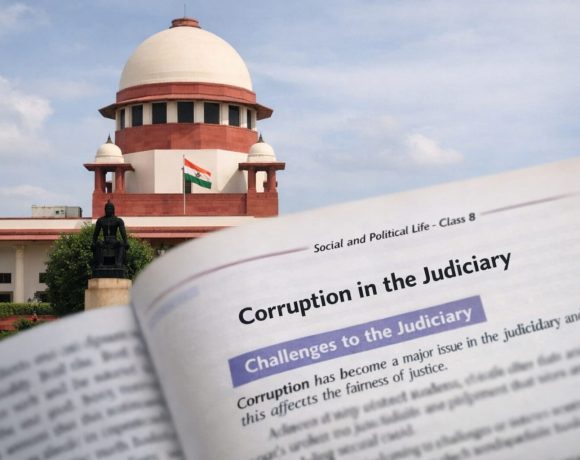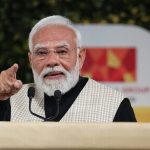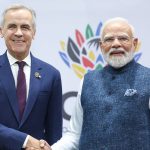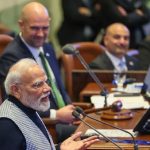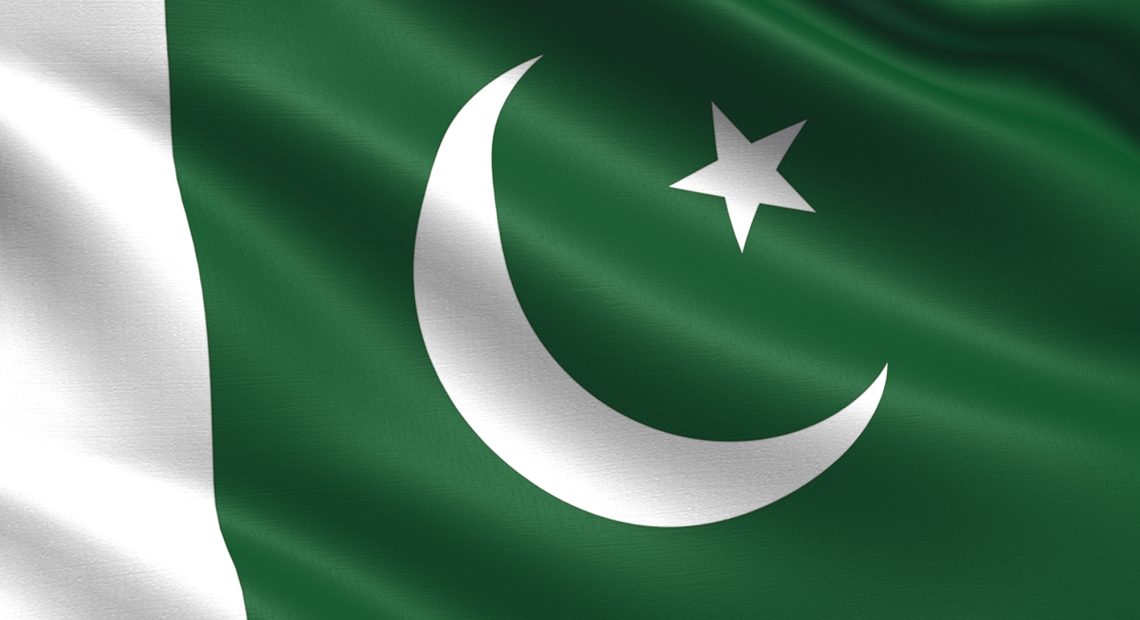
Ex-Afghan VP Slams IMF, World Bank Aid to Pakistan
Former Afghan Vice President Amrullah Saleh has issued a strong rebuke of the continued financial assistance provided to Pakistan by leading global financial institutions. He questioned the rationale behind offering economic relief to a country he accuses of consistently undermining regional peace and stability.
In a sharply worded statement, Saleh referred to Pakistan’s history of harboring and aiding extremist elements and suggested that institutions like the IMF, World Bank, and ADB are turning a blind eye to such activities. “Fought India for 4 days. Got paid,” Saleh remarked, alluding to the broader issue of what he called the financial reward of militaristic aggression.
Saleh Raises Alarm on Dangerous Precedents
The former Afghan VP drew attention to historical incidents where Pakistan was accused of sheltering global terrorists, such as Osama bin Laden, without facing international consequences. Despite the al-Qaeda leader being found near a military academy, no economic penalties were imposed. Instead, Saleh argued, global institutions continued to infuse billions into Pakistan’s collapsing economy.
He questioned whether the pattern of support sends a message that violent behavior and warmongering are not only tolerated but incentivized. Saleh warned that these decisions are “reducing the moral authority of global financial institutions” and compromising the principles on which they were founded.
Demands for Strategic Accountability in Lending
Calling for a reevaluation of how global institutions disburse aid, Saleh emphasized the need for a strategic, security-linked review. He suggested that institutions must factor in a recipient country’s behavior, particularly if it includes funding proxy conflicts or harboring extremists.
In the current context of heightened regional tension, especially after recent military activity involving Pakistan, Saleh’s remarks have ignited a fresh debate about the real impact of unchecked financial aid. His argument is that economic support should not be disbursed without accountability, especially to regimes that destabilize their neighbors while maintaining ties to the very groups that threaten global peace.
His comments serve as a reminder that beyond fiscal assessments, geopolitical conduct must also be part of the lending equation.




